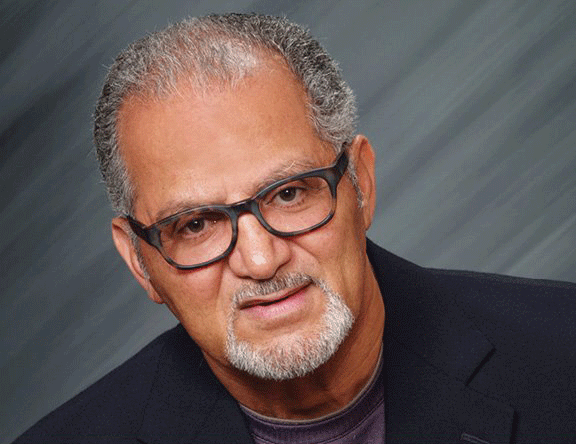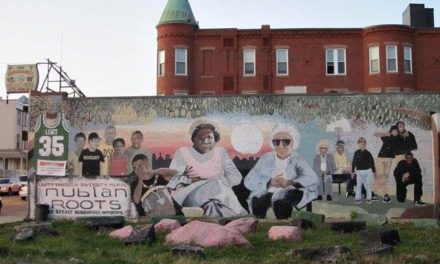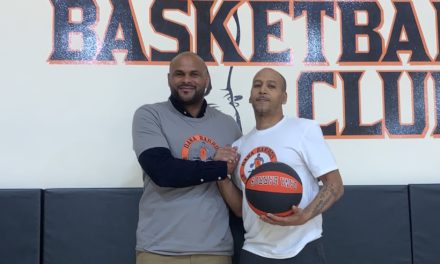I was fortunate enough to get a phone interview with Ed Andrade, co-founder of Cabo Video being just one of the many notches on his belt. I think I will have to do a whole series of articles based on what he opened my eyes to. But you can get a lot of the info yourself in his book, American Caboverdeano.
What is inspiring to me as a Chinese American, when I look at Ed Andrade’s life, is that he did not grow up speaking Kriolu. He grew up in a very Cape Verdean community in New Bedford and Wareham, to the point where as a child he thought everyone was Cape Verdean. But his family had been here for a long time and a good deal of the culture, at least the language, had been somewhat lost. But he searched out his own culture and created festivals and organizations with such energy and innovation that he became a legend to the many new immigrants that came to America and settled in Brockton and Dorchester, and forced their children to watch Cabo Video to reconnect with that culture. In many ways, Ed Andrade is the cultural godfather of the American Cape Verdean Community.
As I have talked about before, the newer immigrants that arrived after 1965 that live in Brockton and Dorchester, the community that I went to middle school with, is referred to (and this doesn’t really sound all that politically correct but I think we are going to have to just choose some words for now to talk and figure pc stuff out later) as the “immigrant” group. The quotes are there because sometimes members of this community can be born in this country. But their parents aren’t. They have closer ties to Cape Verde, the homeland.

What is often referred to as the Older generation is the group that came over in the 1890’s. The whalers. The people almost edited out of history in many ways or who are named in history but as Black Portuguese, or Portuguese or many other names that do not include “Cape Verdean.”
Ed Andrade became a bridge between these two communities because he was of the older generations in New Bedford and Wareham. He was also an activist in the civil rights movement and worked very closely with the new generation or so called immigrant population in Brockton and Dorchester. Through Cabo Video and the Onset Cape Verdean festival, his goal became to really bring these two groups together. (By the way, that is largely one of the goals of this News Site as well, and to bridge that gap between the States and the Islands, and for people like me… to show Cape Verdean culture to the whole world.)
But what was it like for many Cape Verdeans who grew up in a Cape Verdean American community when they went OUT of that community?
Well I have barely scratched the surface, but that is the first thing I will talk about in my next installment when I talk about Cape Verde – Centrism.





